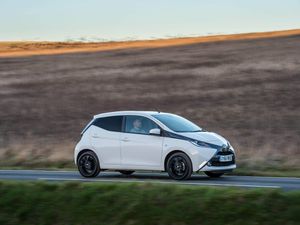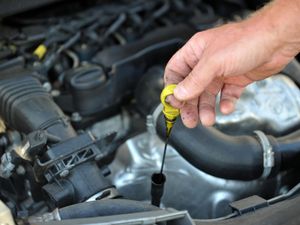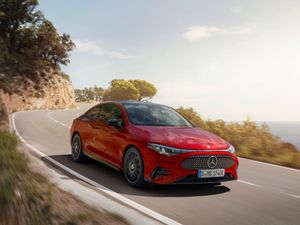British-made compact hydrogen fuel cell aims to make zero-emission mobility a reality
A new hydrogen fuel system could be the final piece in the jigsaw for a global hydrogen market.
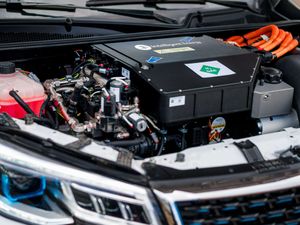
A smaller and more powerful hydrogen fuel cell system has been revealed for the passenger car market.
Loughborough-based fuel cell developer and manufacturer Intelligent Energy has unveiled its new IE-Drive system that can produce electrical power of an equivalent 157bhp – one of the highest of any single stack hydrogen platforms for passenger vehicles.
However, the system’s real focus is its size, which is why the platform is 30 per cent smaller than other fuel cell systems, but enables a cruising speed of 80mph in peak temperatures and 55mph going up steep inclines.
The Drive system is shaped like a traditional engine and features a fuel cell stack, electronic control unit and heat exchanger. Intelligent Energy states that its fuel system can be ‘as cheap to produce as internal combustion engines’ while its compact size means that it could easily be dropped into existing passenger car designs by OEMs.
David Woolhouse, Intelligent energy’s chief executive, said: “With 25 per cent of all passenger cars expected to have hydrogen fuel cell powertrains, this clean technology represents the future.
“Our Drive product has the potential to shake up the hydrogen fuel cell market and accelerate the transition towards zero-emission mobility.”
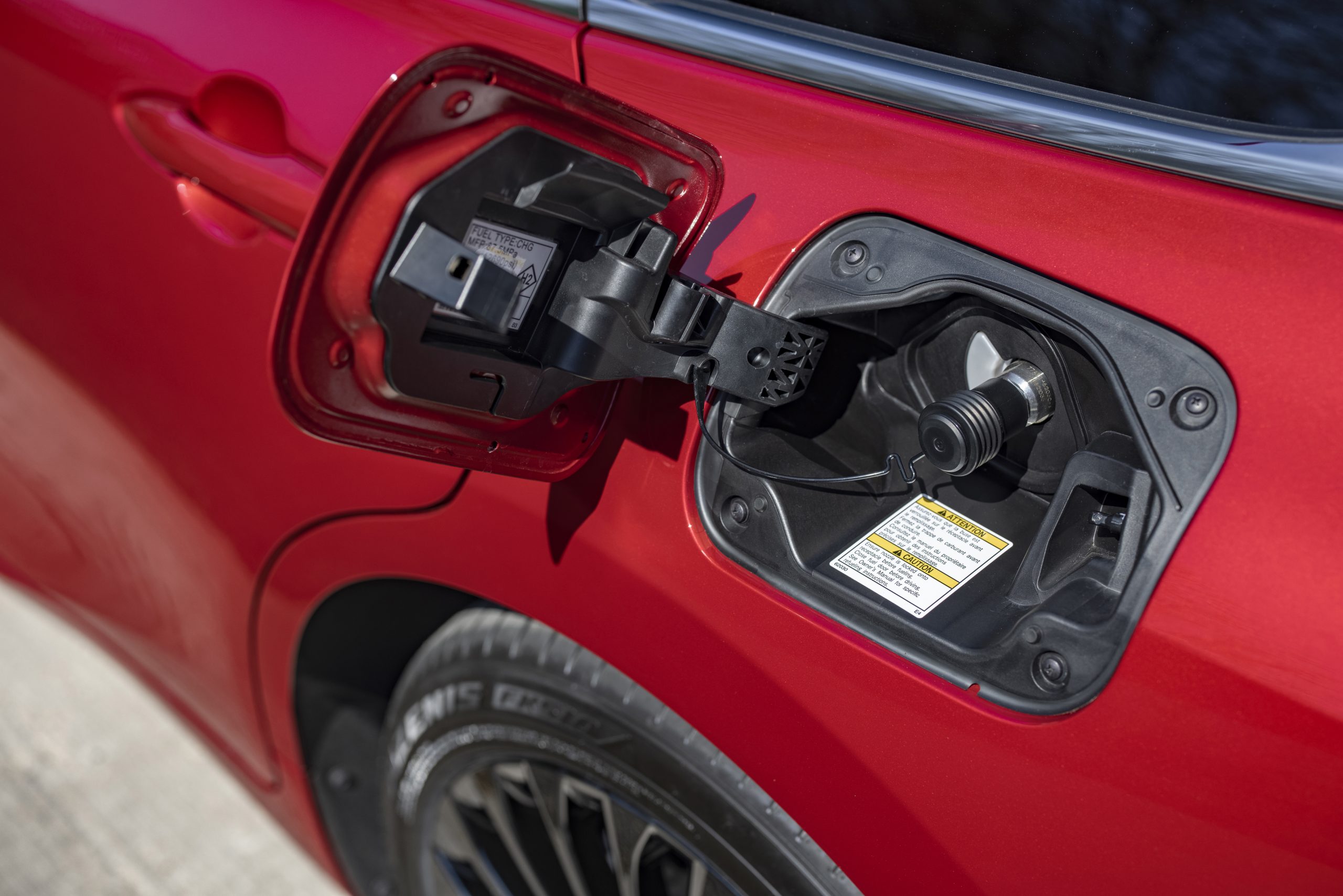
Intelligent Energy predicts that its Drive fuel cell system will cost around £100 per kW by the end of the decade – making it less expensive than EVs and comparable to internal-combustion engine vehicles.
Dr. Ashley Kells, Intelligent Energy programmer director, said: “The IE-Drive product is a ground-breaking advancement in the automotive industry and the work we have undertaken clearly illustrates the UK’s ability to be a global leader in the hydrogen fuel cell arena.”
It’s anticipated that by 2040, the hydrogen fuel cell market for passenger cars and vans will be worth £596 million.


